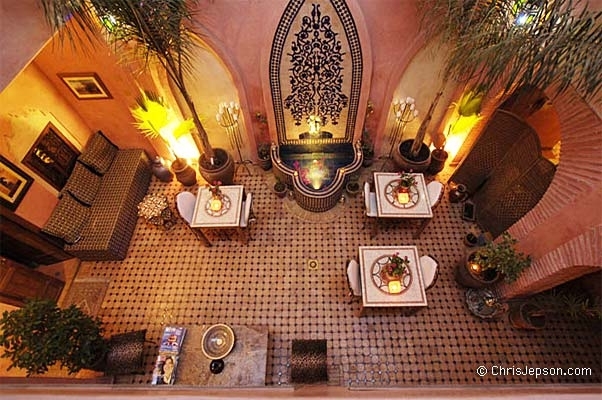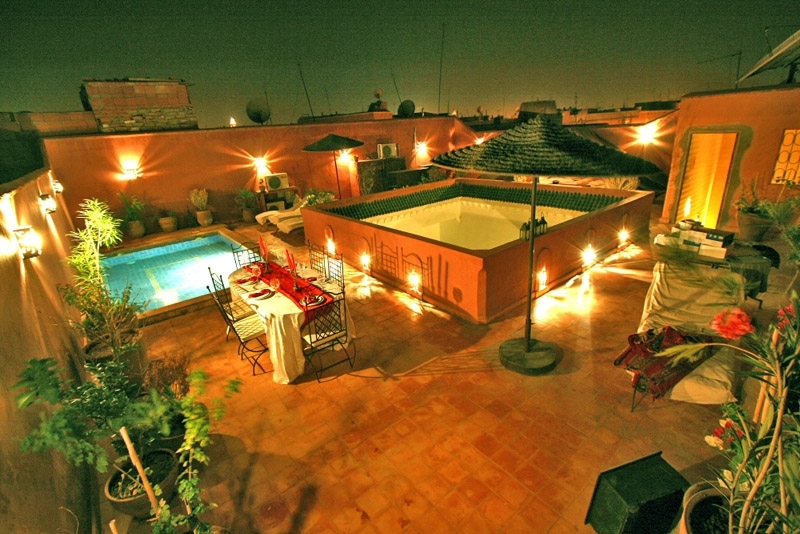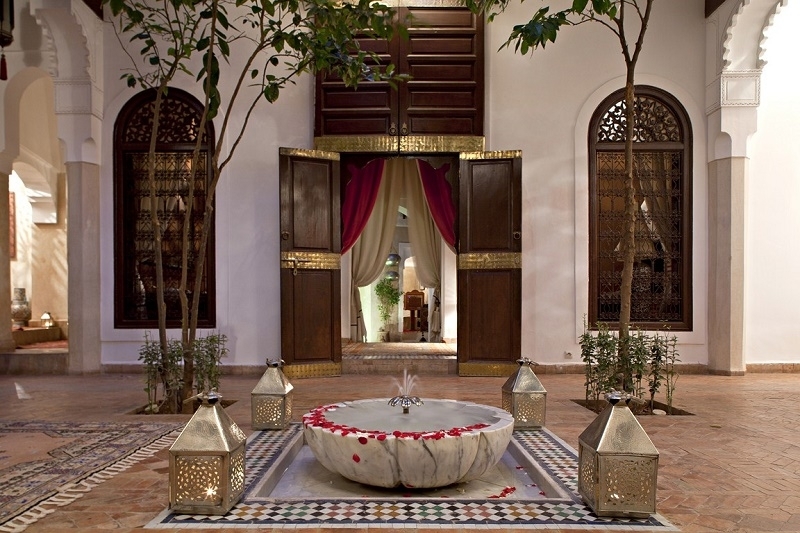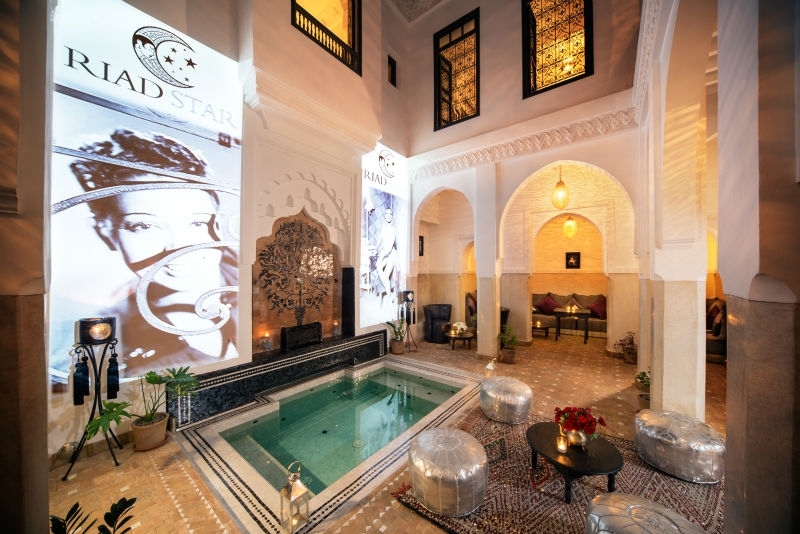For a book that includes the word humour in the title, ‘Humour and Morocan Culture’ is not particularly a funny book; but that is not to say that it is not worth a read. The books author, Matthew Helmke, promises that his short book “will explore and discuss the hidden aspects of Moroccan culture, things […]
» View: Marrakech Reading List: ‘Humor and Moroccan Culture’ by Matthew HelmkeJuly, 2014
Friday, July 25th, 2014
Thursday, July 24th, 2014
The Figue de Barbarie goes by many names: the prickly pear, Karmous, Handia, Opuntia ficus-indica or simply, and perhaps most obviously, the Fig. However, whatever you call it, it is delicious. The Figue de Barbarie, as we shall call it for now, is a popular summer fruit throughout Marrakech and, between May and October, it is sold […]
» View: The Figue de BarbarieThursday, July 24th, 2014
The Iftar, taken from the Arabic Ű„Ù۷ۧ۱â, which literally translates as âBreakfastâ, refers to the evening meal when Muslims end their fast during Ramadan. In Morocco, as elsewhere, it is traditional for people to try and break their fast at home, with their families. Therefore in the moments leading up to Iftar there is a […]
» View: Iftar in MarrakechTuesday, July 22nd, 2014
Watermelons are thought to have originated in southern Africa, where it is often found growing wild. Of course, today the watermelon is enjoyed all over the world and is often associated with warm climates and hot weather. It is not surprising then that Morocco is the world’s 12th melon exporter in the world. Indeed, melon […]
» View: The Watermelons of MarrakechTuesday, July 15th, 2014
The city of Marrakech contains more than 360 mosques and, of course, the visual focal point of each mosque is the minaret. The minaret – from the arabic manÄra (Ù Ùۧ۱۩), meaning lighthouse – is a tall spire or tower that extends up from the main mosque. Perhaps the most prominent example is the beautiful minaret […]
» View: The Minaretâs of MarrakechSunday, July 13th, 2014
Elizabeth Warnock Fernea and her family moved into a small street in the Medina or the traditional city of Marrakech in August 1971, when her husband received a grant to study Moroccan culture. Her book, a ‘Street in Marrakech’, provides a personal view of the city as experienced from her eyes and is just and […]
» View: Marrakech Reading List: ‘A Street in Marrakech’ by Elizabeth Warnock FerneaSaturday, July 12th, 2014
Morocco cuisine is known throughout the world for itâs extensive use of spices. Perhaps the most prevelant in Moroccan cooking is Ras el Hanout, a mixture of ground spices that literally translates as âthe head of the shopâ, implying that the spice provides the best the shop has to offer. The recipe for Ras el […]
» View: Ras el HanoutThursday, July 10th, 2014
If you are looking for a good book to accompany you on your trip to Marrakech, or if you are simply looking to learn more about Moroccan culture then look no further. Our Marrakech Reading List kicks off with Peter Mayne’s ‘A Year in Marrakesh’, a personal record of an English man’s attempt to settle […]
» View: Marrakech Reading List: ‘A Year in Marrakesh’ by Peter MayneTuesday, July 8th, 2014
During the month of Ramadan, many Moroccanâs change their job to fit the alternate rhythm of life during this period. As the Muslim people fast during the day, the small shops and many of the non-tourist restaurants which sell food and drink to locals need to find a way to make money. Abdil invited us […]
» View: The Seasonal Jobs of RamadanThursday, July 3rd, 2014
100 hundred years ago the first train line was built in Morocco. It connected the cities of Casablanca and Berrechid and was used to transport supply military troops of the French Protectorate. Fast forward almost exactly 50 years and The National Office of Railways – or the ONCF as it is now more commonly known […]
» View: 100 years of Moroccan trains, 50 years of The National Office of Railways (ONCF)


